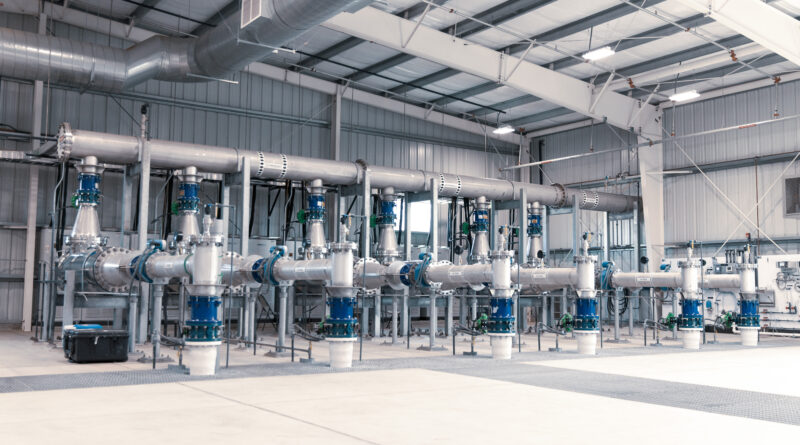United States: DOE Allocates USD 62 Million for Hydrogen in Transport
The U.S. Department of Energy is committing $62 million to accelerate the energy transition in heavy-duty transportation, focusing on hydrogen refueling stations and infrastructure improvements across 15 states. The initiative aims to lower costs, improve efficiency, and increase community involvement to make hydrogen a more competitive fuel option for the freight and commercial transport sectors.
According to Energy News, the U.S. Department of Energy (DOE) is committing $62 million as part of its initiative to accelerate the energy transition, focusing on heavy-duty transportation. The 20 selected projects, spread across 15 states, focus primarily on the development of hydrogen refueling stations, considered essential to strengthening the country’s hydrogen fuel infrastructure. Of this total, $40 million is earmarked for four refueling station projects in New York, Connecticut, California and Arizona. The aim is to create “low-cost, standardized and replaceable” stations, adapted to the growing needs of the freight transport sector.
David Crane, Under Secretary for Infrastructure at the DOE, points out that hydrogen is positioning itself as a key solution for heavy-duty mobility applications, due to its flexibility and potential to offer competitive alternatives to traditional fuels.
Unlike light vehicles, for which hydrogen costs remain high, heavy-duty vehicles benefit from more competitive hydrogen fuel prices, ranging from 7 to 15 USD per kilogram.
This price difference, combined with long-term supply contracts and higher purchase volumes, is driving the focus on this market segment.
Optimizing refueling components and implementation issues
In addition to refueling stations, the DOE is investing $8.5 million in projects to develop advanced components for hydrogen refueling. Projects in states such as Washington, North Carolina, Illinois and Massachusetts seek to improve equipment efficiency, reduce costs and increase the reliability of hydrogen infrastructures. These efforts are strengthening the integration of hydrogen into heavy transport supply chains, and making it a more attractive option for commercial fleet operators.
To facilitate the development of these infrastructures, the DOE is also allocating $7 million to implementation management initiatives.
These projects aim to identify and resolve barriers to locating, permitting and installing new hydrogen technologies.
This support includes research into the challenges of regulatory implementation, seen as a major brake on the rapid expansion of hydrogen in heavy-duty transportation.
Community involvement programs and practical applications
Another important dimension of the DOE initiative is support for local stakeholder engagement.
A budget of $4 million is dedicated to programs aimed at improving understanding and acceptance of hydrogen by local communities and businesses.
These projects include raising awareness of the economic and environmental benefits of hydrogen, without neglecting the specific needs of the regions and industrial sectors concerned.
Among the notable initiatives, a project in Georgia is receiving $2.5 million to test the use of a hydrogen fuel cell for a top loader and mobile bunker at the Port of Oakland. The project represents a practical example of the use of hydrogen in complex logistics environments, demonstrating the fuel’s versatility beyond simple road transport applications.
These experiments could provide models for the future development of industrial infrastructures using hydrogen.

